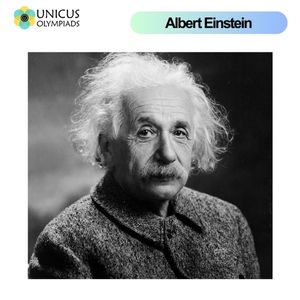

The Nobel Prizes are one of the most prestigious and well-recognized sets of awards in the world. Established by the will of Alfred Nobel, a Swedish inventor, scientist, and philanthropist, the prizes have been awarded annually since 1901 to individuals or organizations that have made outstanding contributions in various fields. The Nobel Prizes are regarded as the highest honors one can receive in their respective fields and have played a significant role in advancing science, culture, and humanitarian efforts. In this article, we will explore the Nobel Prizes, the fields they recognize, and some famous figures who have received the awards for their exceptional work.
Alfred Nobel was a Swedish inventor, engineer, and industrialist, best known for inventing dynamite. Upon his death in 1896, he left a substantial portion of his fortune to fund the establishment of the Nobel Prizes. Nobel's will specified that the prizes should be awarded to individuals who "conferred the greatest benefit to humankind" in six distinct categories. These categories were designed to recognize achievements in the fields of science, literature, and peace.
The Nobel Prizes were created to honor those whose contributions have had a lasting impact on humanity. Nobel believed in rewarding individuals whose work had improved society and advanced knowledge, and his vision continues to shape the selection process to this day. Over the years, the Nobel Prizes have recognized groundbreaking discoveries, remarkable works of literature, and outstanding efforts in promoting peace and humanitarian causes.
The Nobel Peace Prize is perhaps the most famous of the Nobel Prizes, awarded to individuals or organizations that have made significant efforts toward achieving peace and resolving conflicts. The recipient of the Nobel Peace Prize is often a figure who has worked to reduce violence, promote diplomacy, and improve relations between nations. The prize has been awarded to individuals, political leaders, humanitarian organizations, and even international institutions.




The Nobel Prize in Physics recognizes outstanding contributions to the field of physics, including theoretical and experimental discoveries that have advanced our understanding of the universe. Recipients have included some of the greatest minds in science, who have reshaped our understanding of everything from atomic particles to the cosmos.



The Nobel Prize in Chemistry recognizes individuals who have made remarkable contributions to the field of chemistry, from theoretical breakthroughs to new chemical technologies that have had wide-ranging applications in industry, medicine, and the environment.



The Nobel Prize in Medicine honors individuals or teams who have made significant advancements in understanding the human body, disease, and health. This award has been pivotal in recognizing groundbreaking research in genetics, immunology, neuroscience, and medical treatments.



The Nobel Prize in Literature recognizes outstanding writers, authors, and poets for their contributions to literature. The award honors authors whose work has had a profound impact on humanity, whether through fiction, poetry, essays, or plays.



The Nobel Prize in Economic Sciences (officially called the Sveriges Riksbank Prize in Economic Sciences in Memory of Alfred Nobel) recognizes outstanding achievements in economics. Although not originally included in Alfred Nobel’s will, this prize was established in 1968 by the central bank of Sweden, Sveriges Riksbank. The award is given for work that has contributed to the advancement of economics and the understanding of economic systems.


